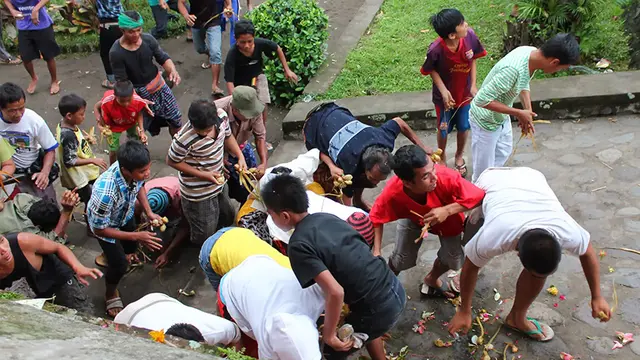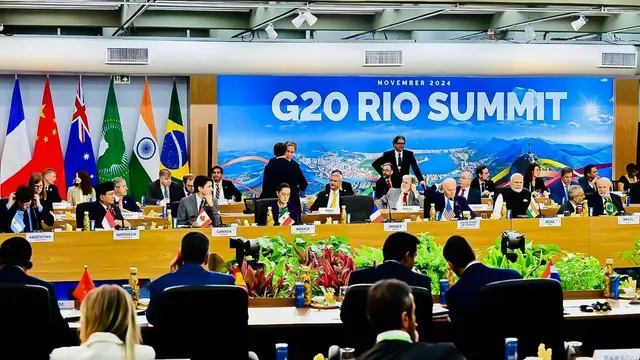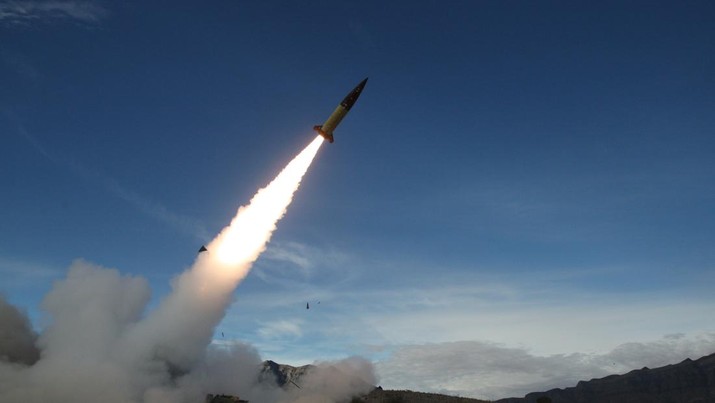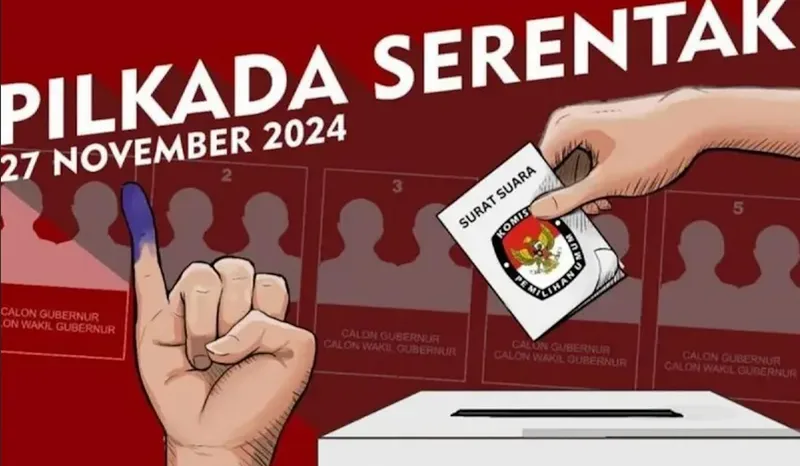Jakarta -The Topat War tradition is one of the unique traditions originating from Lombok Island, West Nusa Tenggara. This tradition is part of a customary ceremony conducted to honor the cultural, religious, and local beliefs that coexist in the Lombok community, particularly between Muslims and Hindus.
In this tradition, people from both religions gather at Pura Lingsar, a place of worship that symbolizes harmony and unity, to perform a ritual that ends with a symbolic war using ketupat or topat.
The ketupats were thrown at each other in a joyful atmosphere, reflecting the spirit of unity and gratitude for the blessings received in the tradition of the topat war.
The Topat War is usually held on the sixth full moon in the Sasak calendar or around November to December in the Gregorian calendar.
This ritual begins with a series of prayers and offerings made by the Hindu community at the temple. They bring various offerings in the form of agricultural products such as fruits, rice, and flowers, as a symbol of gratitude to God Almighty.
Meanwhile, the Sasak Muslims also attended to pray together at the same location, but in an area called Kemaliq, a sacred place for them. The presence of these two religious communities not only demonstrates mutual respect but also emphasizes the importance of collaboration in preserving traditions.

After the prayer procession is over, the symbolic war begins. The ketupat used in this tradition had previously been prepared by the community from various corners of the village.
These ketupats are not just symbols of food, but also carry a deep philosophical meaning, which is gratitude and hope for the blessings of the earth and its harvests. During the war, the atmosphere became lively with joyful cheers, laughter, and enthusiasm.






Leave a Reply